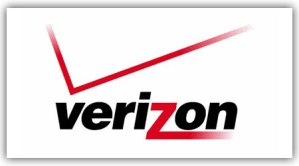
Everyday consumers are no strangers to being overcharged by Verizon: the company has been slammed for its onerous early termination fees and recently agreed to cough up $77.8 million to settle allegations it charged customers for data services they never used. But consumers are not alone: now, Verizon has reached a $93.5 million settlement with the U.S. government to settle charges that the company overbilled for voice and data services provided via government contracts.
“A government contract is not a blank check,” said U.S. Attorney Ronald C. Machen Jr., in a statement. “Contractors who overbill the government will be aggressively pursued and required to make the taxpayers whole. This $93 million recovery should make contractors realize that we are firmly committed to ensuring the integrity of corporate billing practices with respect to government programs.”
Verizon Business Services—otherwise known as MCI Communications Services, a Verizon subsidiary—is alleged to have invoiced the General Services Administration for amounts corresponding to state, local, and federal taxes on services, in violation of contract and federal regulations. Verizon also submitted claims for reimbursement of common carrier recover charges, unallowed surcharges, and even property taxes, all items that were not eligible for payment under the terms of Verizon’s contract.
The complaint was originally brought against Verizon as a whistleblower complaint by Stephen M. Shea and 2Probe LLC; the complaint dates from 2007 and covers billing going all the way back to 1999.
Editors' Recommendations
- Verizon just took a huge leap ahead in the 5G race
- T-Mobile is leaving AT&T and Verizon in the 5G dust
- T-Mobile’s 5G Ultra Capacity network has four times the coverage of Verizon and AT&T
- Verizon’s new Welcome Unlimited plan makes 5G data a lot more affordable
- T-Mobile’s 5G network just beat Verizon and AT&T (again)

